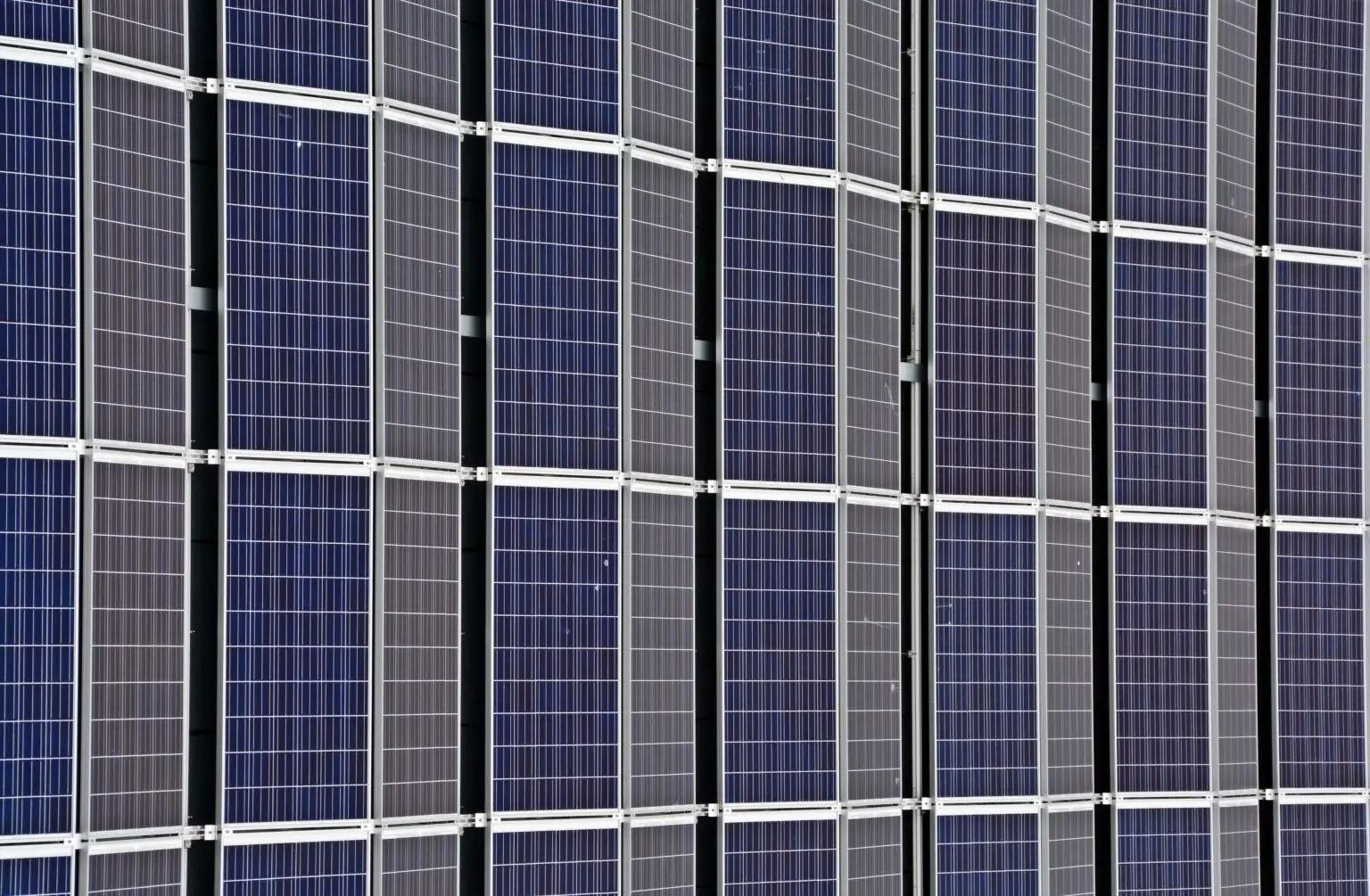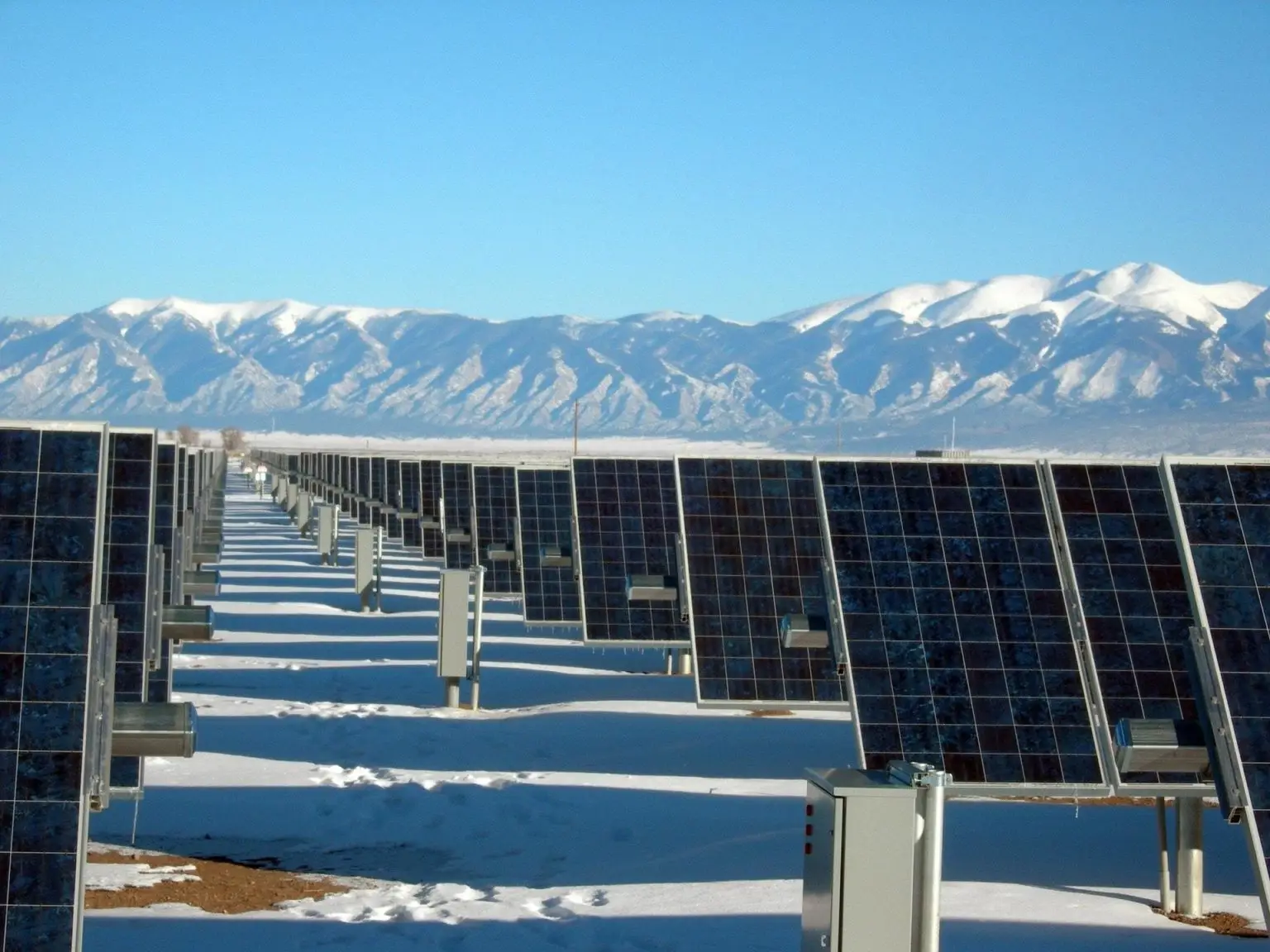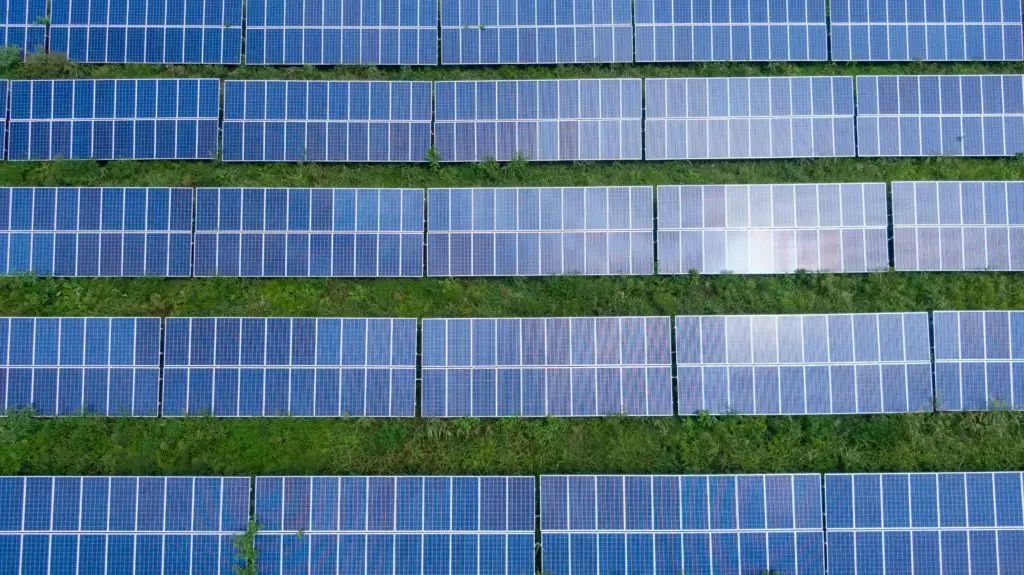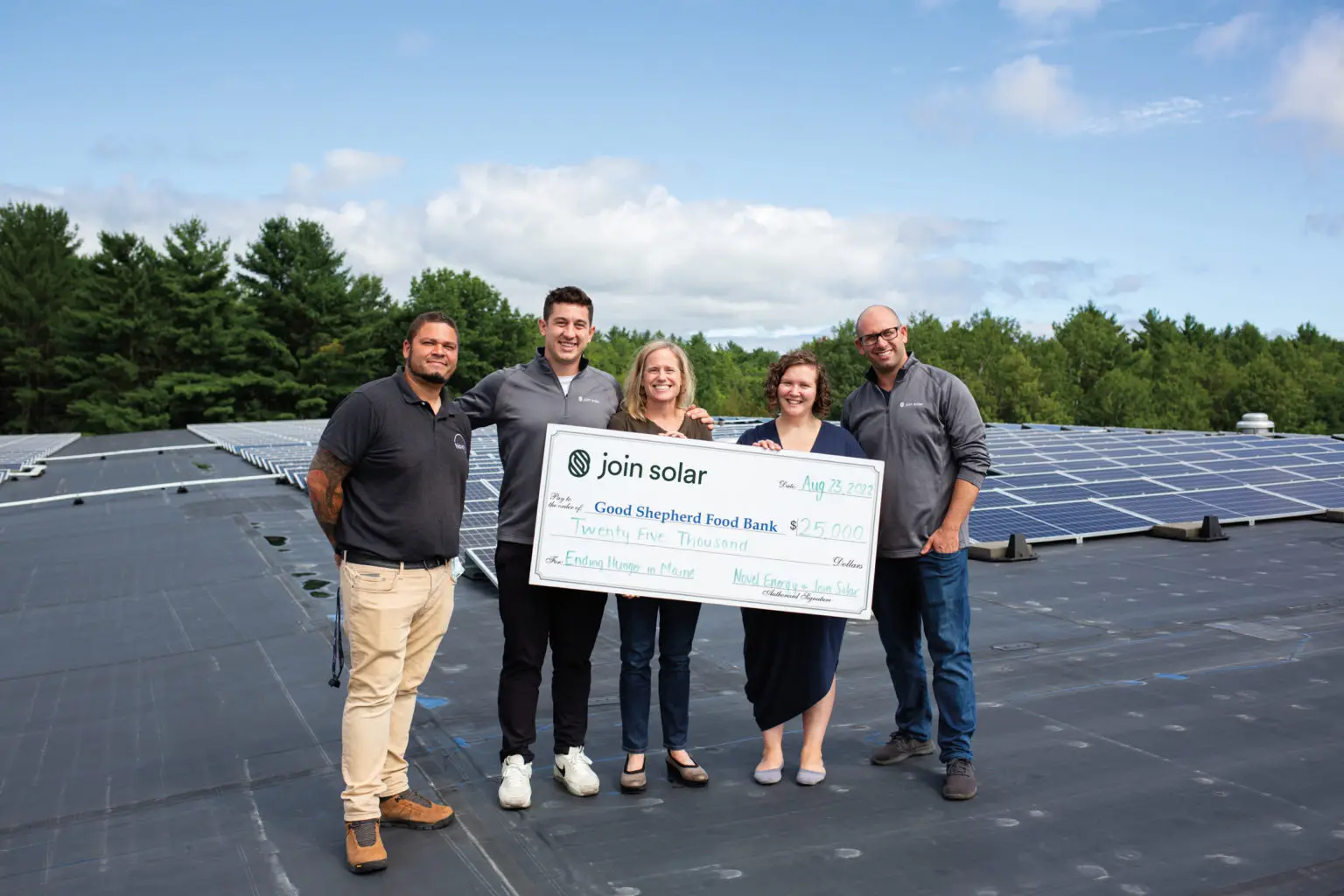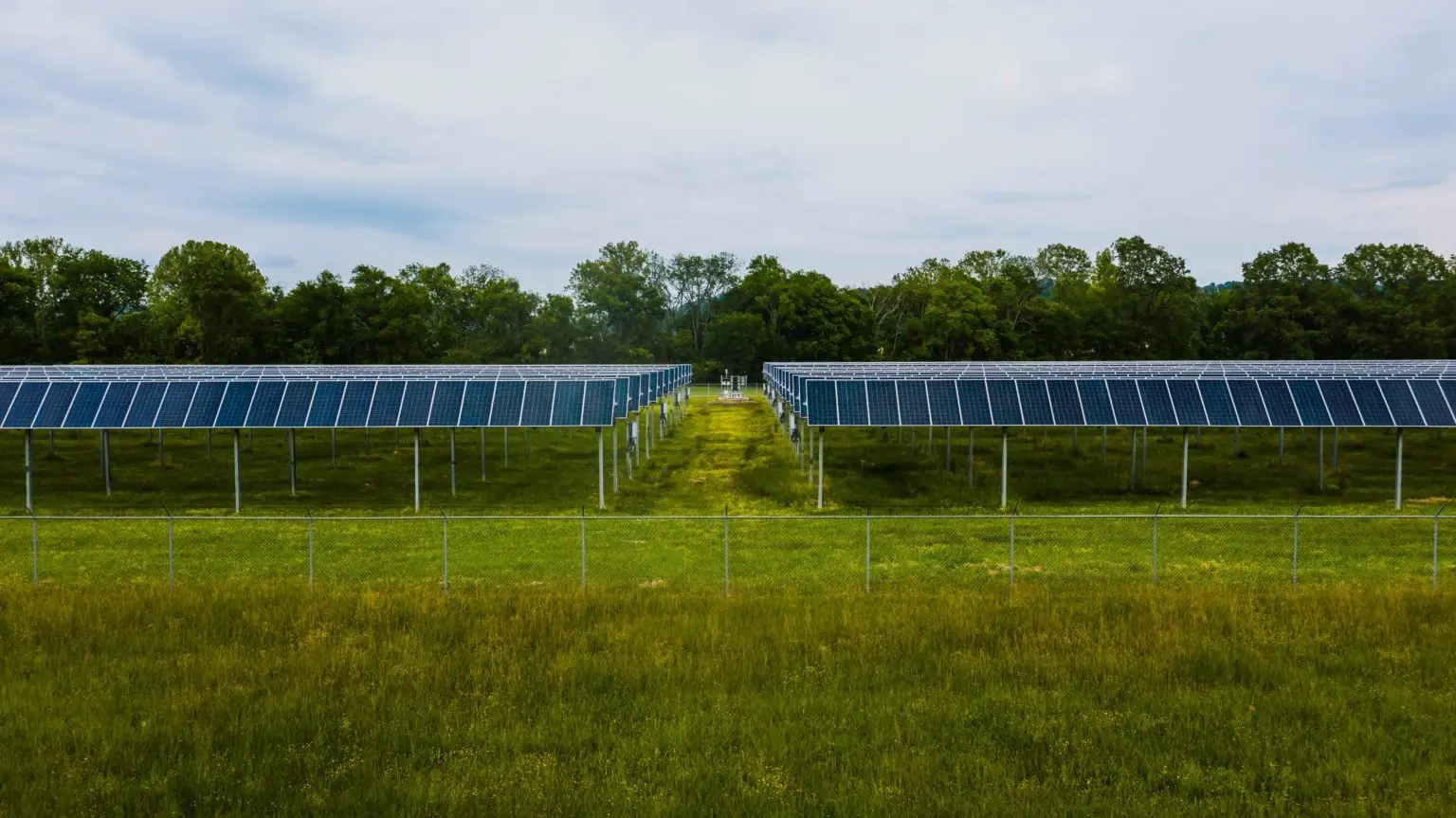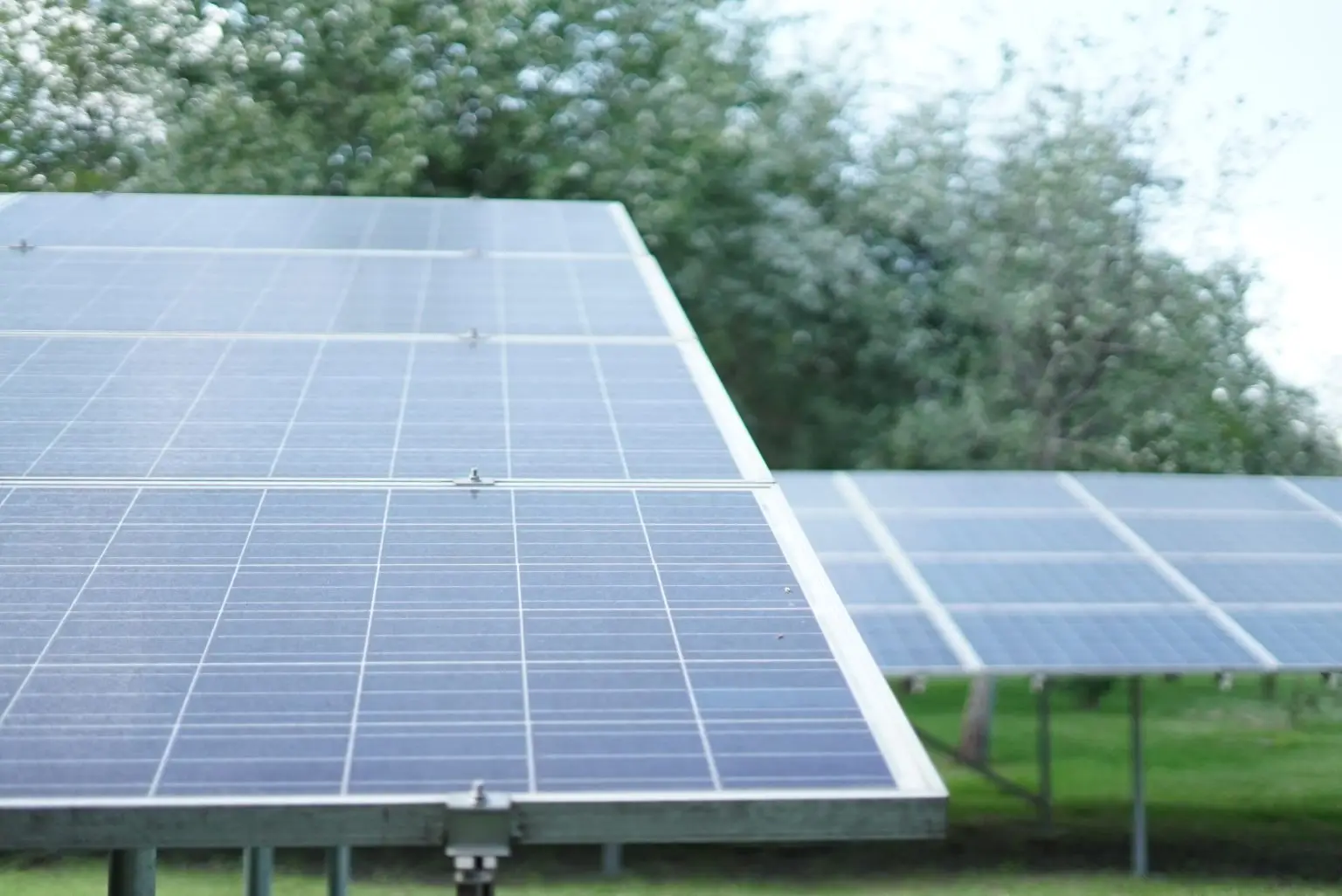Net Energy Billing (NEB) is a recent Maine state law. Under the law, energy customers may “offset their electricity bills using the output from small renewable generators.” Energy customers may either purchase their own solar panels or share in the output of solar panels owned by a third party. The law states that the solar panels may be located on a private owner’s property or on another property that serves the same area. Below is an explanation in greater depth of NEB and its benefits for Maine residents.
NEB Explained
Net Energy Billing refers to how much a solar-energy customer pays for electricity once they have been credited for the solar power they purchase. In other words, if a Maine resident decides to enroll in one of Join Solar’s community-solar programs, they pay Join Solar for solar credits based on how much energy the community-solar program produces. In this case, the solar farm (or garden, depending on its size), is acreage of previously unused land that has been developed with solar panels that generate electricity for the program’s subscribers.
As a community-solar subscriber, you would pay Join Solar for cheaper energy credits that you could then use to pay your conventional energy bill. Because these energy credits are typically cheaper than the rate at which your conventional provider charges you for electricity, you will most likely save money. NEB provides an ethical and legal structure that requires solar providers to furnish subscribers will a clear set of disclosures and guidelines.
How Much Does It Cost to Go Solar?
Before the advent of community solar, the costs for going solar were prohibitive for many Maine residents. That’s because homeowners who wanted solar panels had to pay for them and their installation on the homeowner’s property (this is still the case for those homeowners who want a dedicated solar setup). Solar power was previously not an option for Maine renters.
However, now community solar—thanks to NEB—makes it possible for Maine homeowners and renters to reap the benefits of solar power, without the expensive startup costs, potentially saving them thousands of dollars up front. That’s because NEB allows third parties like Join Solar to purchase the solar panels and find the land for them. Providers like Join Solar sell solar subscriptions to customers, who then use credits to pay their utility bills.
In Maine, how much your credit per kilowatt-hour of usage will depend on which power company you use and the size of the community-solar project that you subscribe to. For the year 2022, the tariff rates range from $.1455 to $.2075 per kilowatt-hour, with an average of $.1867. For March 2022, the average cost of electricity for Maine residents was $.2303 per kilowatt-hour, up considerably from $.1642 per kilowatt-hour in March of 2021. Given the high price of conventional energy in Maine currently, community-solar offers a solid value proposition. Depending on where you live, Join Solar estimates a potential savings of 10 to 15 percent on your conventional utility bill.
